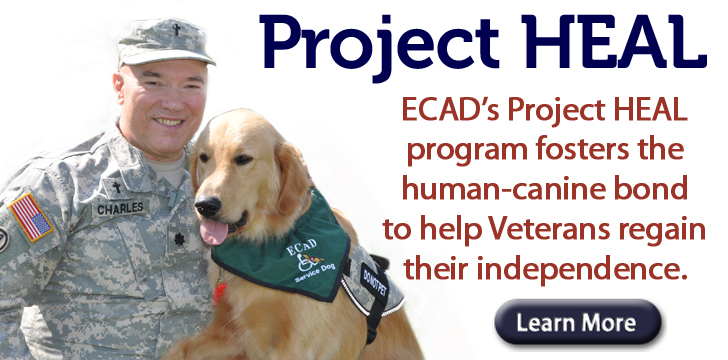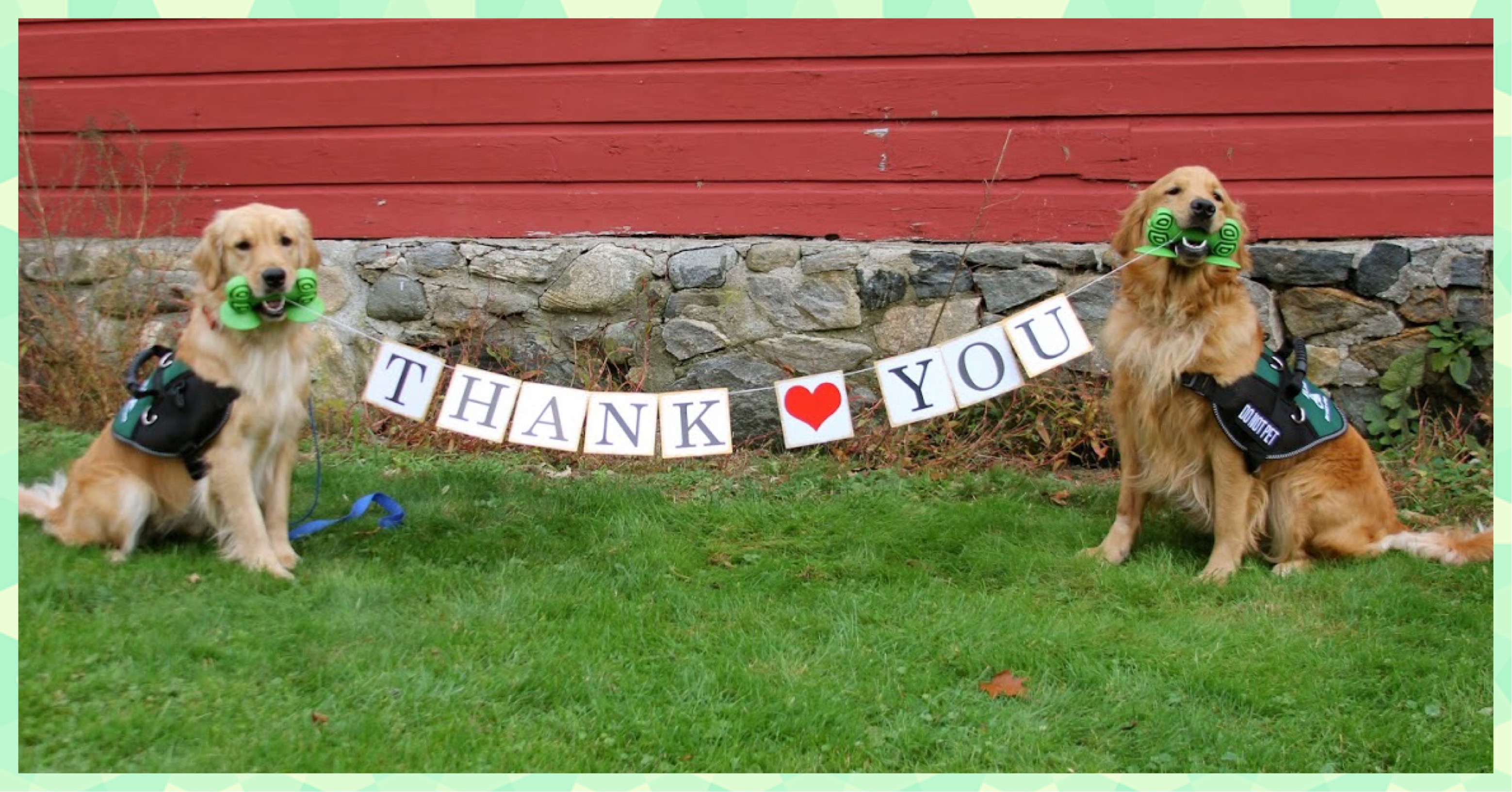The American with Disabilities Act (ADA) is part of federal law, and under it, individuals with disabilities are allowed to have a service dog. Also referred to as service animals, these working dogs can help in a variety of ways. According to the ADA, the description of a service animal is as follows:
Service animal means any dog that is individually trained to do work or perform tasks for the benefit of an individual with a disability, including a physical, sensory, psychiatric, intellectual, or other mental disability. Other species of animals, whether wild or domestic, trained or untrained, are not service animals for the purposes of this definition. The work or tasks performed by a service animal must be directly related to the individual's disability.
The ADA clarifies that service dogs are distinct from pets and emotional support animals. Individuals with service dogs have specific permissions that do not apply to those with pets or emotional support animals.
Organizations like Educated Canines Assisting with Disabilities (ECAD) that train service dogs can be accredited by Assistance Dogs International. ECAD’s accreditation signifies that we meet industry standards, such as humane training methods and compliance with legal regulations.

More Questions?
If you would like to learn more about service dogs, watch our video explaining more about ECAD and how service dog Crane helped our client Tina. You can also contact us for more information!










